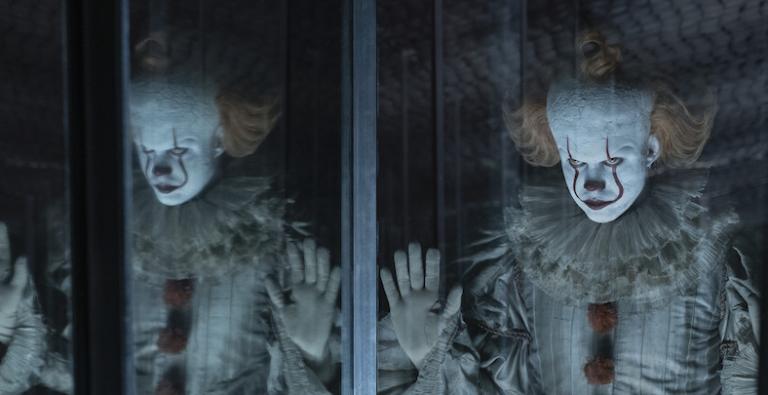
The R-rated IT: Chapter Two doesn’t skimp on blood. Indeed, gallon for gallon, it might be one of the bloodiest ever. Want more details about the movie’s high quotient of issues? You can check out my Plugged In review.
But get into the (ahem) guts of Chapter Two (based, of course, on Stephen King’s 1986 novel IT), and you’ll find more at work than just an evil, toothy clown. (Warning: Spoilers lurk ahead.)
That clown, called Pennywise, is the most common garb of IT, which is essentially an interdimensional monster that seems to feed on both flesh and fear. The thing has lived under the town of Derry, Maine, since there was a Derry. It predates the hamlet by centuries, at least, and likely much longer. And while the monster spends most of its time in hibernation, every 27 years or so it wakes up, and horrific devastation follows in its wake. See, it not only terrorizes and kills people (especially children) itself: It plays people’s worst attributes and inclinations like a baby grand, pushing them to commit unthinkable crimes.
Back in 1988-89, a handful of kids beat Pennywise and sent it into hibernation without his regular feast of souls—all chronicled in horrific detail in the original IT. But now, 27 years later, Pennywise has returned. And so the kids—older at least, though perhaps no wiser—come back to finish the job.
The thing about Pennywise in Gary Dauberman’s screenplay (and King’s original book) is that it’s more than just a terrifying bogeyman. It’s almost the embodiment of evil itself—evil that owes, it would seem, a lot to Christian tradition.
In the Bible, Jesus calls Satan “a liar, and the father of it.” He’s a whisperer—be it hissing half-truths to Eve in the Garden of Eden or helping send Job on his path of tribulation or tempting Jesus Himself in the wilderness. And I kinda picture him working in much the same way in our world: He lies to us. He plays on our basest fears and jealousies. And when we sin (something we often do quite well without Satan’s help or encouragement), we often feel guilt and shame—emotions that can and should push us toward correction, but are often twisted (like sin is a contortion of God’s good gifts) to make us feel worthless and helpless. We feel it’s impossible to heal our rift with God or accept—or even believe—in God’s grace, and so we slip into a state of hopeless, shame-ridden nihilism.
We see that sort of behavior often in powerful Pennywise in IT: Chapter Two. It knows not just what we’re afraid of, but what we’re ashamed of. Yes, it lures children with the promise of friendship and understanding. But when it comes to the more savvy adults he’s dealing with, he plays on very adult anxieties and regrets.













